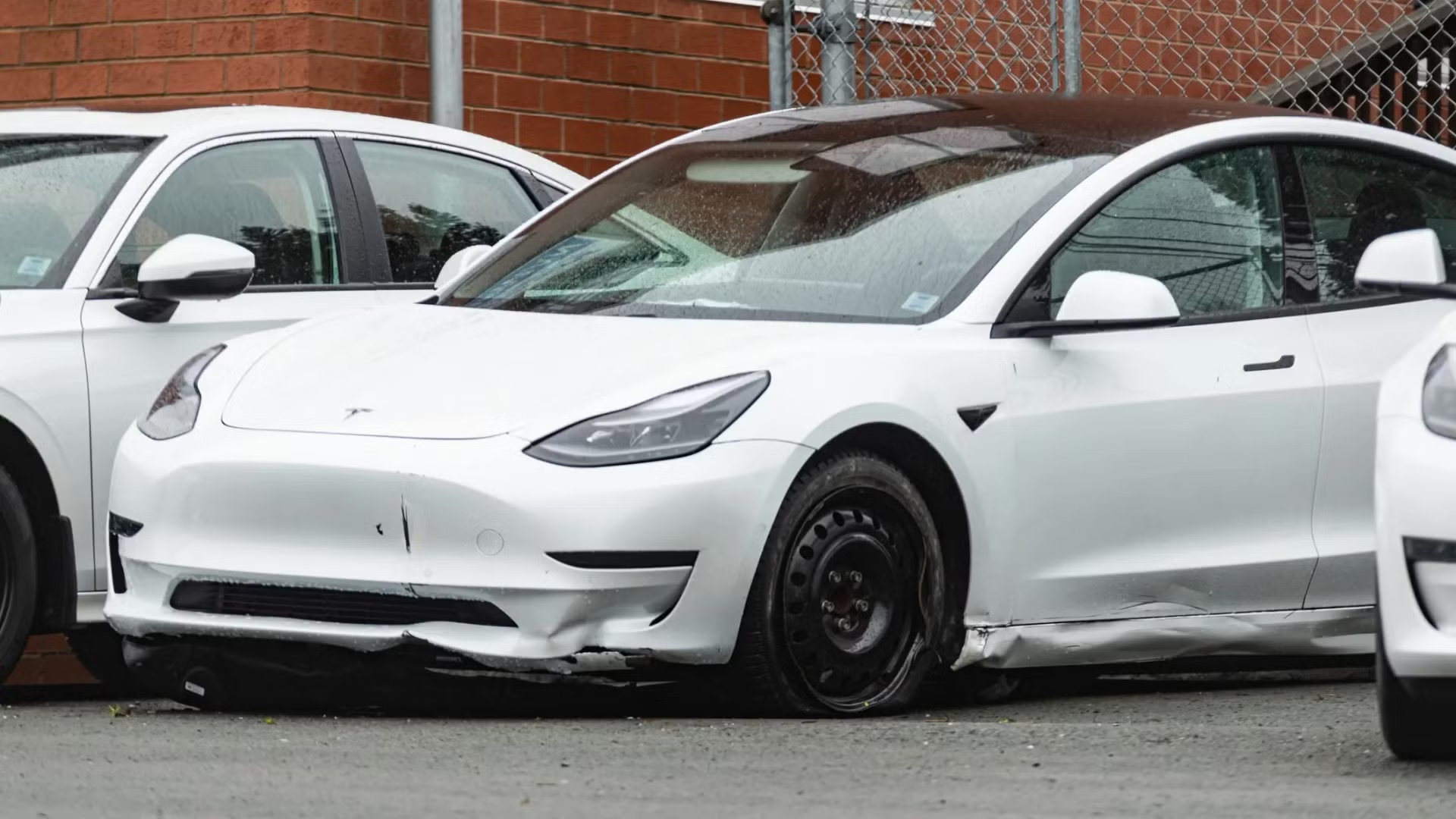What Types Of Electric Vehicles Can Be Recycled
Electric vehicles (EVs) that can be recycled include Battery Electric Vehicles (BEVs), Plug-In Hybrid Electric Vehicles (PHEVs), Hybrid Electric Vehicles (HEVs), and Fuel Cell Electric Vehicles (FCEVs). Each type of EV presents unique components and materials for recycling.
Battery Electric Vehicles (BEVs)
Battery Electric Vehicles (BEVs) are fully electric cars that rely solely on electric power. Popular brands and models available in Australia include:
- Tesla Model 3: Known for its advanced battery technology and electric motor, making it one of the most recycled BEVs.
- Nissan Leaf: One of the earliest mass-market BEVs, its widespread adoption ensures a significant presence in the recycling stream.
- BMW i3: With its innovative carbon fiber structure, it presents unique recycling opportunities.

Unique Aspects of BEV Recycling
Recycling BEVs is unique due to the large lithium-ion battery packs they use. These batteries contain valuable materials such as lithium, cobalt, and nickel, which can be recovered and reused. Additionally, BEVs do not have internal combustion engines, simplifying the disassembly process.
Components like the electric motor and high-voltage wiring are also key targets for recycling.
Plug-In Hybrid Electric Vehicles (PHEVs)
Plug-In Hybrid Electric Vehicles (PHEVs) combine a rechargeable battery with a conventional internal combustion engine. Notable models in Australia include:
- Toyota Prius Prime: A leading name in hybrids, its plug-in version adds a rechargeable battery to its efficient hybrid system.
- Mitsubishi Outlander PHEV: A popular choice for those needing more space, its hybrid system combines electric and petrol power.
Unique Aspects of PHEV Recycling
PHEV recycling is distinct due to the dual nature of their powertrains. Both the electric battery and the internal combustion engine must be processed. The batteries are smaller than those in BEVs but still contain recoverable materials. The presence of traditional engine components adds complexity to the recycling process, necessitating specialised knowledge and equipment.
Hybrid Electric Vehicles (HEVs)
Hybrid Electric Vehicles (HEVs), which combine a traditional engine with an electric motor, include models such as:
- Toyota Prius: The best-known hybrid, its combination of electric motor and petrol engine makes it a common target for recycling.
- Honda Insight: Another pioneer in hybrid technology, contributing to the volume of recyclable HEVs.
Unique Aspects of HEV Recycling
HEVs present a unique recycling challenge due to their smaller battery packs and the integration of the electric motor with the internal combustion engine. The battery packs, while smaller, still contain valuable materials. The electric motors also offer recyclable materials, though in smaller quantities compared to BEVs and PHEVs.
Fuel Cell Electric Vehicles (FCEVs)
Fuel Cell Electric Vehicles (FCEVs) use hydrogen to generate electricity, with models like:
- Toyota Mirai: One of the few commercially available FCEVs, it uses hydrogen fuel cells to power its electric motor.
- Hyundai Nexo: Another leading FCEV, known for its range and zero-emission technology.
Unique Aspects of FCEV Recycling
Recycling FCEVs is particularly unique due to the hydrogen fuel cells. These cells contain platinum, a precious metal that is highly recyclable. The hydrogen storage tanks, typically made from carbon fiber, also present specific recycling challenges and opportunities. The electric motors and other components are similar to those in BEVs, making some aspects of the recycling process familiar.
Electric Buses and Trucks
While not typically thought of in the same category as consumer vehicles, electric buses and trucks also fall under the umbrella of recyclable EVs. Models in use in Australia include:
- BYD Electric Buses: Used in public transportation, these buses feature large battery packs and electric drivetrains.
- Tesla Semi: An upcoming model in the electric truck market, promising significant advancements in battery technology and range.
Unique Aspects of Electric Bus and Truck Recycling
Recycling electric buses and trucks involves handling larger battery packs and heavy-duty components. The scale of these batteries means they contain significant quantities of recoverable materials. The electric drivetrains and other components are similar to those in smaller EVs but on a larger scale, requiring specialised equipment and processes.
Final Points
In conclusion, the types of electric vehicles that can be recycled include Battery Electric Vehicles (BEVs), Plug-In Hybrid Electric Vehicles (PHEVs), Hybrid Electric Vehicles (HEVs), and Fuel Cell Electric Vehicles (FCEVs). Each type presents unique challenges and opportunities for recycling, from the valuable materials in lithium-ion batteries to the complex integration of electric motors and internal combustion engines.
The rise of electric buses and trucks also adds to the diversity of recyclable EVs, highlighting the need for specialised knowledge and equipment to efficiently process these vehicles. As the adoption of electric vehicles continues to grow, so too will the importance of efficient and effective recycling processes, ensuring that valuable materials are recovered and environmental impact is minimised.

